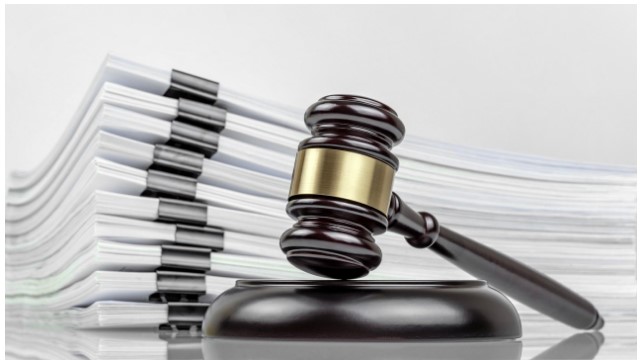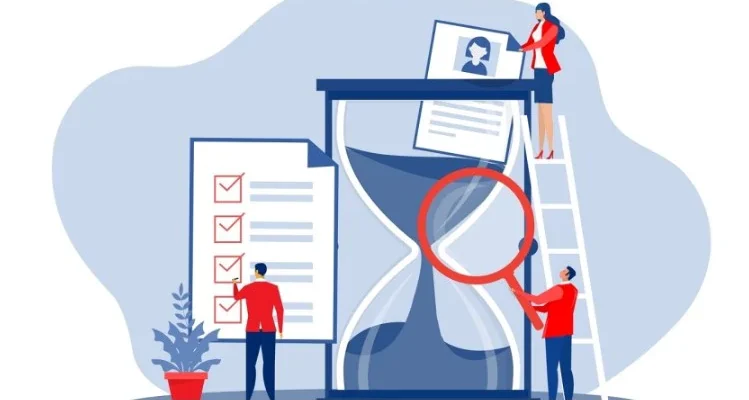The issue of abusive litigation has attracted the attention of judicial bodies and civil society. But what does this term mean? It refers to the improper use of the right to go to court, through the multiplication of lawsuits with the same objective, procrastinatory practices, among other tactics that seek to impose excessive legal costs on the other party.
In order to foster an increasingly sustainable credit market, this discussion is essential. After all, it has consequences for both the supply of resources and interest rates. Abusive litigation impacts various agents in the financial ecosystem, including credit bureaus, which play a crucial role in reducing information asymmetry and mitigating the risk of default in loan and financing operations.
The way to take action against the bureaus is through class actions seeking the exclusion of names from lists of people who have been denied credit. The result is the creation of a veritable "industry" that benefits the few at the expense of the many. This also has a significant impact on the functioning of the judicial system: the growing number of lawsuits consumes time and resources.
In this sense, the practice is harmful because abusive litigation interferes with the information system that guides the credit decisions of thousands of lenders, both inside and outside the financial system.
When weak lawsuits, brought in bad faith, obtain favorable rulings, the plaintiff runs the risk of over-indebtedness. In addition, other consumers also suffer because, faced with any difficulty in distinguishing between different risk profiles, lending institutions tend to protect themselves by raising interest rates and restricting the supply of credit.
This problem can be illustrated with a recent example: during the pandemic in the United States, there was a proposal to temporarily suspend consumers' credit. A study carried out to measure the impacts of the measure showed that average credit scores tend to rise with the suppression of information, without actually reflecting consumers' real creditworthiness. This distortion reduces the commitment to paying debts on time, creating a phenomenon known in economic literature as "moral hazard", which undermines the discipline needed for a sustainable credit market.
One of the classic hypotheses in the long-running discussion about high interest rates in Brazil is legal uncertainty. It is in this context that the issue of abusive litigation, which affects financial institutions and the entities that support the credit market, comes into play.
Economic literature shows that financial institutions' perception of the outcome of possible legal proceedings can directly influence their willingness to grant loans and financing. When there is a greater prevalence of decisions favorable to debtors, institutions tend to limit the supply of credit or increase their rates.
A study carried out by the Central Bank of Brazil between 2013 and 2018 revealed that a 10% increase in the proportion of decisions favorable to debtors reduced the growth of new credit agreements by 23 percentage points. This evidence is crucial: the legal certainty of contracts is fundamental to a healthy credit market. This security requires, in essence, clear laws and less discretionary interpretation in the handling of disputes. As in the case of the suppression of credit information, the existence of bias can create an incentive to default, generating additional costs for other consumers by restricting credit or raising interest rates.
However, we have good news. Brazil has a robust, efficient and well-regarded international credit information system, which includes both positive and negative credit information. The practice of litigation is a threat to this vital mechanism for the health of the credit market. However, we have made progress in combating abusive litigation, as a result of dialogue between members of the judiciary and the private sector, such as Recommendation No. 127 of the National Council of Justice, which suggests measures against this excessive judicialization, and more recently Recommendation No. 159 of the National Council of Justice, which recommends measures to identify, treat and prevent abusive litigation.
The availability of credit information and the reliability of compliance with contracts are key to the credit market contributing to the development of families and companies. By understanding and fighting abusive litigation, we can all contribute to a fairer and more efficient credit environment. Let's make a difference together!
Thanks for reading! Access other content at ANBC website.



